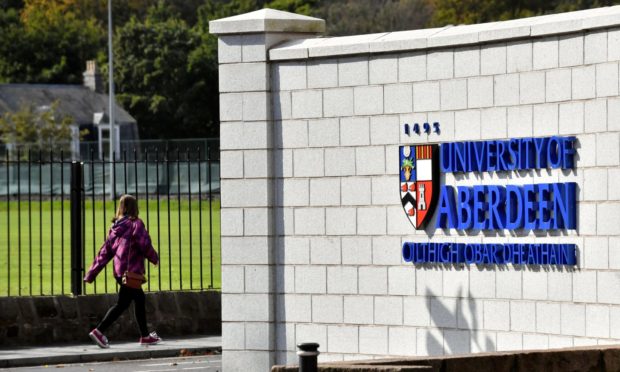A major breakthrough in dealing with pre-eclampsia has been made possible – thanks to more than 400 Aberdeen women volunteering for a study 25 years ago.
New insights have been gleaned from a global study, providing a new insight into the causes behind the dangerous pregnancy complication known as pre-eclampsia.
Affecting 5% of women, it increases both blood pressure and the risk of brain injury, impaired kidney and liver function as well as blood clotting problems, fluid on the lungs and in the most severe cases the death of the baby and mother.
The condition contributes each year to the deaths of an estimated 50,000 women and up to 1 million babies around the world.
Having remained a mystery for years, scientists in the 1950s had hoped to gain a deeper understanding of the condition and sought volunteers from Aberdeen’s Maternity and Neonatal databank.
Majority of the testing took part in the late 1990s after volunteers were identified through the databank, the information was then used to bring together all the jigsaw pieces needed to understanding the risk of the condition being passed on through generations.
Professor Zosia Miedzybrodzka, Professor of Medical Genetics at the University of Aberdeen and one of the authors of the study, said: “Many years have passed and they may not think this contribution made any difference but without it, increasing our understanding in this way would simply not have been possible.”
Thanks to them it is also now known to increase the risk of cardiovascular diseases among mothers and their children later in life.
Professor Miedzybrodzka added: “Pre-eclampsia is a terrible condition in its worst form and we now have additional clues as to why this happens.
“The contribution made by Aberdeen women, and the many others around the world who kindly agreed to take part in this research is vitally important.
“It could lead to better outcomes from women – who may be their own daughters or grandchildren – by helping us to understand how to treat the condition.”
